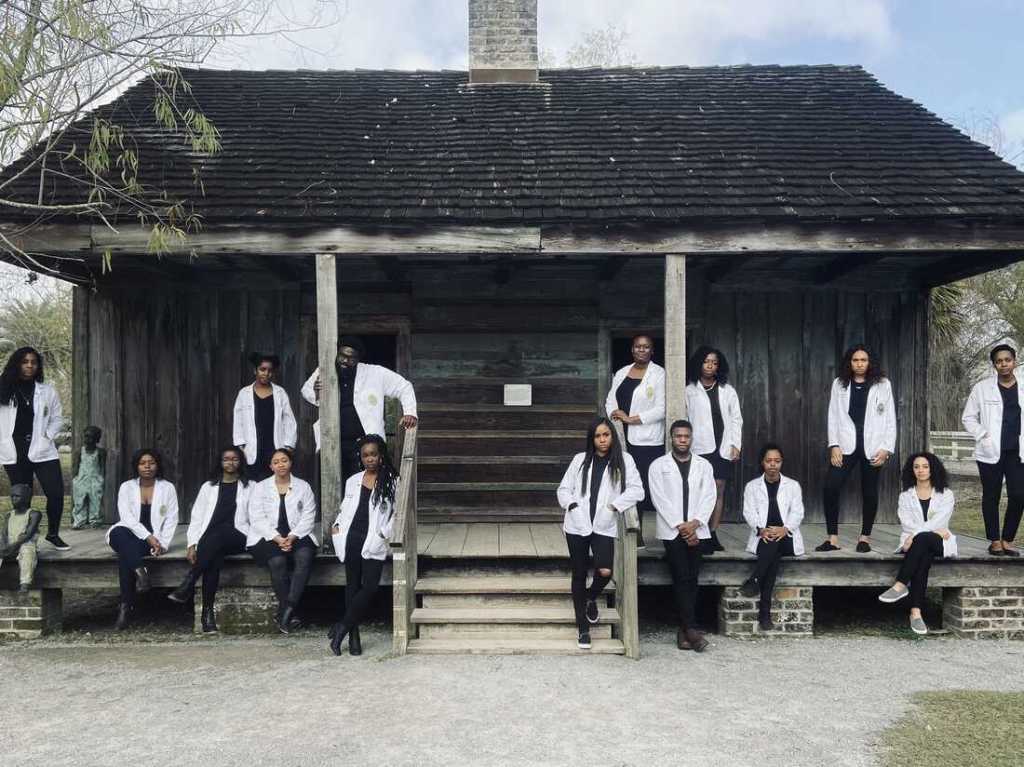የስነስርቆት መሰረታዉያን
1. When you can’t do, teach.
2. When you can’t write, steal.
3. When you steal, steal from those in your power [like your students, for example]
4. Tweak the language a bit.
5. Threaten to fail those students who said, or acted like, they’d tell.
6. Be the head of a department or a close friend to one so the plagiarized students can’t appeal to a higher power.
7. Work with fellow cheaters, thieves, and/or cowards who won’t say a thing although your theft, your being a liar and a cheat, is የአደባባይ ሚስጥር.
8. It helps if the system is set up in such a way that your fellow lecturer can’t accept the girls you failed for not sleeping with you without feeling like he is crossing some professional-courtesy boundary.
9. Listen more than you talk, convincing everyone you know better than you let on.
10. Be funny. Be amusing. Mention that “ሴክሲ ሸርት”… “ወሲባም ሸርት” example everywhere you go [and every year you came back]. Students, especially male students, are a sucker for that. [Remember Sibhat Gebre Egziabher and “ሁላችንም በብልግና ነው የተወለድነው”?! Yeah, do that].
11. Declare your book a necessary read.
12. Don’t veer from the lesson plan or your notes from yesteryears [it is all new to the new students].
13. Break the spirit of those students who exhibited talent by giving them a “C+” and comparing them to the dumb-asses you gave a “B” to because the later are at least showing improvement.
14. Do not acknowledge potential, or that there is such a thing as “personal style”. Smile like a snarky demon and say they should have followed your rules if they wanted to get an “A”.
15. Be like the story in Luke 8:5. Not the sower. Nor the seed. But the other things. The feet, the birds, the rocks, the thorn.
16. Do not attempt to earn your PhD, may prove your incompetence and even lose you your assistant professor job. [Wasn’t there an Artist Teferi Alemu drama based on that exact premise?!]
17. Sport gray hair. Look dull. Look fatherly. [They won’t see you coming].
18. Be immovable, detached, and above it all. [So they look crazy when they do].
19. Teach at Addis Ababa University.
20. Live and die in Ethiopia.
“የአዲስ አበባ ይንቨርስቲ አማርኛ ዲፓርትመንት ደራሲ የማያብቅለው በሳቸው ምክንያት ነው ይባላል. እስቲ አሉ ሚባሉትን ደራሲዎች ስም ጥሪ፦ በእውቀቱ ስዩም.. አዳም ረታ.. ኢቭን እንዳለ ጌታ ከበደ የሌላ ዲፓርትመንት ተመራቂዎች ናቸው።” [የአዲስ አበባ ይንቨርስቲ “አማርኛ ዲፓርትመንት” ተማሪ ለዚህ ጸሓፊ ከአመታት በፊት የተናገረው።]
Inspired by an article entitled «የኢትዮጵያ የሥነ ጽሑፍ ዋርካ ነው የወደቀው» by Deutsche Welle Amharic [link below photo]. መታሰቢያነቱ: To Ato Zerihun Asfaw, Assistant Professor and “writer” of “የስነጽሁፍ መሰረታውያን”. RIP

The truth about AAU
Twice for good luck (A work of imagination)
I want this for you…
That you do not discover you have breast cancer at 44, in a country where you know no one. And that the sperm donor you met on craigslist [so you can have the grand child you refused to give your mom before you are rendered unable to feed it] does not turn out to be fibbing when he claimed to be the father of a rambunctious, interested-in-goosebumps-but-not-girls-yet, baby boy.
Press ▶️ TO continue reading…Good riddance: An Ethiopian’s take on ‘Gone with the Wind’
[Yeah I read it!]
[Really read it!]
[Read it two whole decades after romanticising the love story, its caricatures, and its language (its “የሰማያቱ ያለህ”, its Miss Pitty-Pat Hamilton, its Prissy) with Seblewongel Sime, who read the ነብይ መኮንን version, at the back of Commercial College of Addis Ababa where ignorance and a half-baked grasp of the English language were a bliss].
And, turned out, it is your typical american love story. There are rags. Riches. Fragile saints [Melanie], hard-knock sinners [Scarlet and Rhett Butler], one-legged Supermen [Will], one-eyed cowboys [Archie] and dark-skinned “Indians” [except these are servitue-loving, freedom-hating, fat, ape-ish and brainless-when-not-infantile “black apes” who deserve nothing but the basest treatment and amongst whom no hero ever sprung].
If there is one word to describe ‘Gone with the wind’, it is u̲n̲k̲i̲n̲d̲. Viviously and mercilessly so. And it has reserved all its hate and malice, its propaganda-of-degradation, its mission of justifying the birth of the KKK and its long reaching fingers [even unto this day] against its “darkies”. The African-slaves on whose back the South once stood proud, with its elegant women, its whips, its noose and white sheets hidden from sight. Because this is what the genteel south knows and without it, it is forever lost: Stealing young men and women from their native land, bringing them into a country and a place where they have no one to defend them, beat and break them into submission so they would till its land, pick its cotton, raise its children and make sure it has more of the same.
Alas.. It it is not all bad. The book is well written with interesting insights into gender roles, and a sense of humor that is as witty, sardonic, and relevant today as it was back then. And enjoyable too, if one over-looked the hate-campaign that the writer didn’t even bother to mask under the guise of a chracter’s point of view but boldly reported as fact. [A monomaniacal and persistent literary-blackening and name-calling only equal in its savagery to Dickens’ Anti-semitism.]
As a woman from a proud African country that has never been colonized by a European nation, I regret neither the money nor the 43 hours I spent listening to Ms. Mitchell’s first and last novel. Learning about the Old South and its ways, coming soon after the reading of “Midnight in the garden of good and evil”, has helped me put some old-perspectives on the birth of these here United States and the rise of Donald Trump. The only thing I wish? That the writer was still alive and kicking when those black medical students had that photo taken outside that Louisiana planatation’s slave quarter. It would have been a very satisfying and deserved giant middle finger.










Have your say